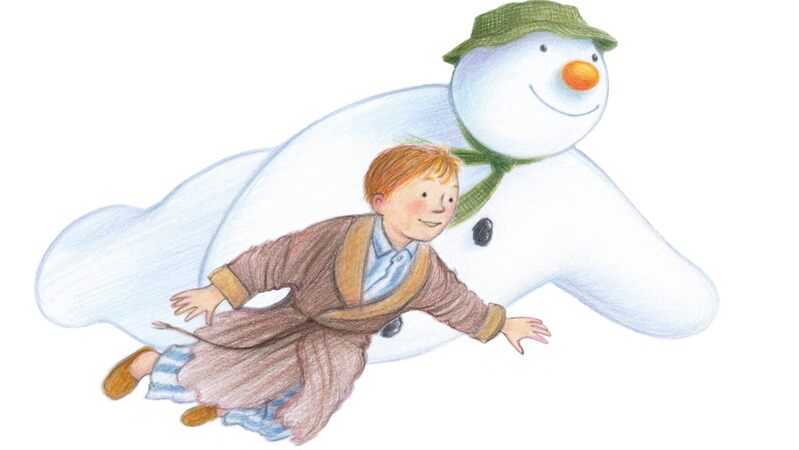You are viewing your 1 free article this month. Login to read more articles.
‘Noticeably tougher market’ a concern but Shelley reassures authors of 'robust sales' in annual letter
In his annual letter to authors, translators and illustrators, Hachette chief executive David Shelley has noted the ongoing challenges posed by supply chain issues and a “noticeably tougher market”, but says sales are “robust” thanks to the enduring value of books.
He said the principal challenge facing the industry was supply chain costs, which Shelley cited in his 2021 letter to authors as the most “extreme” in his career. In his 2022 letter, he writes: “We have seen huge increases in the cost of paper, printing, distribution and haulage in the past year.
“To give a case study of this, a shipping container of books from the UK to Australia cost around Aus $4,000 in 2021, versus Aus $16,000 in 2022. This perfect storm has been extremely tough to weather and has required resourcefulness on the part of all our distribution and operations teams around the world.”
Shelley continues that there are also significant worldwide delays in printing and shipping, which means getting books from one destination to another is “a longer and more involved process than it was just a year ago".
“None of this will get any better in the short- to medium-term, so it is a new normal that we are adapting to,” he said, adding that sales were being compressed into tighter timeframes around, for example, gifting seasons or back-to-school.
“To give an example of this, our warehouse, which distributes around 50 million books a year, had to send out 3.2 million books in a single week in September, which was a race against time for the team there,” he said. “We are fortunate to have a really cutting-edge distribution facility, launched in 2018 and on top form now, but it would not be accurate if I didn’t say that it was not a challenging time for book distribution, or that it required more investment and resource than ever before to get books from A to B.”
He continued that as of the last few weeks, “we are starting to see a noticeably tougher market out there, which is understandable in the face of the current macroeconomic climate". He said he “would anticipate this will continue”, but said “we should be much more resilient than most industries".
Shelley said data to the end of October, showing that print books sales in the UK slightly increased in 2022 compared to 2021, which was already a "buoyant" year for sales, was “extremely heartening to see” given the economic challenges in the UK, adding: “There is a truism that two products are more able to withstand recessions than most—books and chocolate, because both are affordable luxuries that repay investment with great pleasure.
“For the hours of enjoyment that one gets from books and the depth of their emotional impact, I think they are terrific value for money compared to many other forms of entertainment (gaming, cinema, TV), and this year’s robust sales bear this out.”
He added: "It is even better to see because, as has been well-documented, there was a boom in reading during lockdowns in 2020 and 2021. The fact that the market has remained strong—and a long way up on the pre-Covid sales of 2019—suggests that even after lockdowns had ended, people have kept up the reading habit."
In terms of trends in the market, he said the boom in younger readers was a reason to be hopeful, citing TikTok as “an incredibly strong driver of book recommendations and sales,” noting key themes in fiction being novels that feature or combine romance, fantasy, suspense and that have inclusion at their heart. On the blurring of genre boundaries, he said: “I couldn’t be more pleased to see this largely artificial industry system start to crumble".
He also noted a “real rise in our specialist publishing” and said “one other very positive phenomenon is the continued rise of independent bookshops, not just in the UK but also in India, Australia and other key markets".
On the future, he remarked: “It would probably be reckless right now to try to predict what even the near future will hold for our industry, as things are changing so fast. But the things we are gearing up for in 2023 are a continuation of supply chain and consumer confidence challenges; none of these look set to get any better in the immediate future—yet also, I hope, a continued recognition that books are a vital way of getting through difficult times.”



















